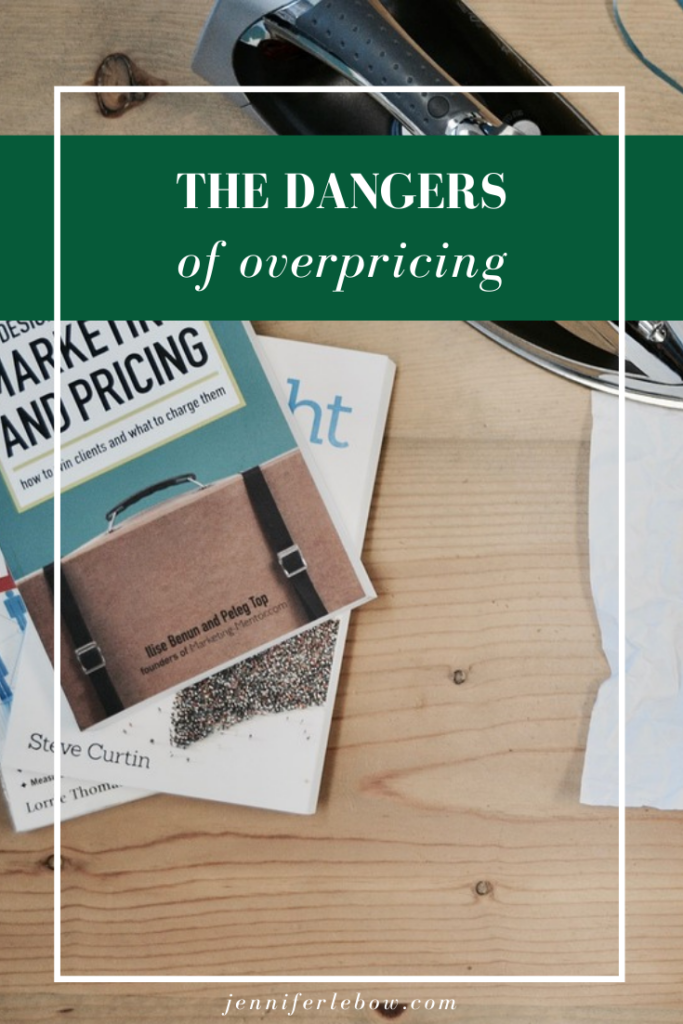
What’s wrong with overpricing?
I often encounter home sellers who suggest we price their property a little higher than the market suggests it will sell for. Their rationale is: you can always bring the price down if it doesn’t sell. On the surface, that argument seems sound, and it’s perfectly accurate; lowering the list price is always an option. However, statistics show that overpriced homes (those listed at above market value) end up selling for less, on average than those priced at or even slightly below market value.
Dangers of overpricing
- Bringing in the wrong buyers–when your property is egregiously overpriced, the buyers who come to see it are not likely to be interested in it at any (reasonable) price. That comment may sound illogical, but consider this: a buyer who is looking at other properties priced similarly will find your house delivers less value. You might suggest, “Well they can offer less, then!”, but here’s the key issue: they are prepared to spend the money the house is priced at, but not for a house that doesn’t meet their criteria or isn’t enough of a step up from what they currently have. You might also have buyers come to see the house who are looking at other homes that are similar, but if your house is priced appreciably higher than the others, these buyers will also not be interested; they will pursue a lower priced property. So neither group of buyers is likely to bid on your house, which is why I’ve labeled them the “wrong buyers”.
- Few showings–remember that the overwhelming majority of home buyers browse on line listings prior to making appointments to view properties in person. In an echo of the previous point about the “wrong buyers”, if someone looks at what your property offers, then determines the price is higher than what similar properties are listed for, they won’t even bother to come see it. And people who are looking in that price range will feel it offers less than competing homes. It will be dismissed out of hand and you will have very few showings. Fewer
- No offers–if you haven’t received offers on your property, it sit on the market longer. Both agents and buyers can see how many days it’s been on the market and that statistic shapes their buying strategy. Their thought is: “It doesn’t seem like there’s any competition to get this house at the current price, so I’ll lowball.”
- If you lower your price, people still usually lowball you–you’ve played your hand when you lower the price. You’ve admitted it was too high and that you need to sell it. And since the property has already been on the market a while by the time you lower it, the initial excitement surrounding a new listing has worn off. New listings are most likely to have the most activity/showings and the highest number of bids. If a house remains on the market, it indicates that there’s not much competition for it. Buyers often presume a bit of desperation of the seller’s part and offer less than even the new, lower price.
Understanding current market value is vital when you are deciding on a listing price for your home. There are certain circumstances where a seller might consciously choose to price a property above market value, but it’s rarely a successful strategy. In most cases, overpricing is a bad idea.


Leave a Reply